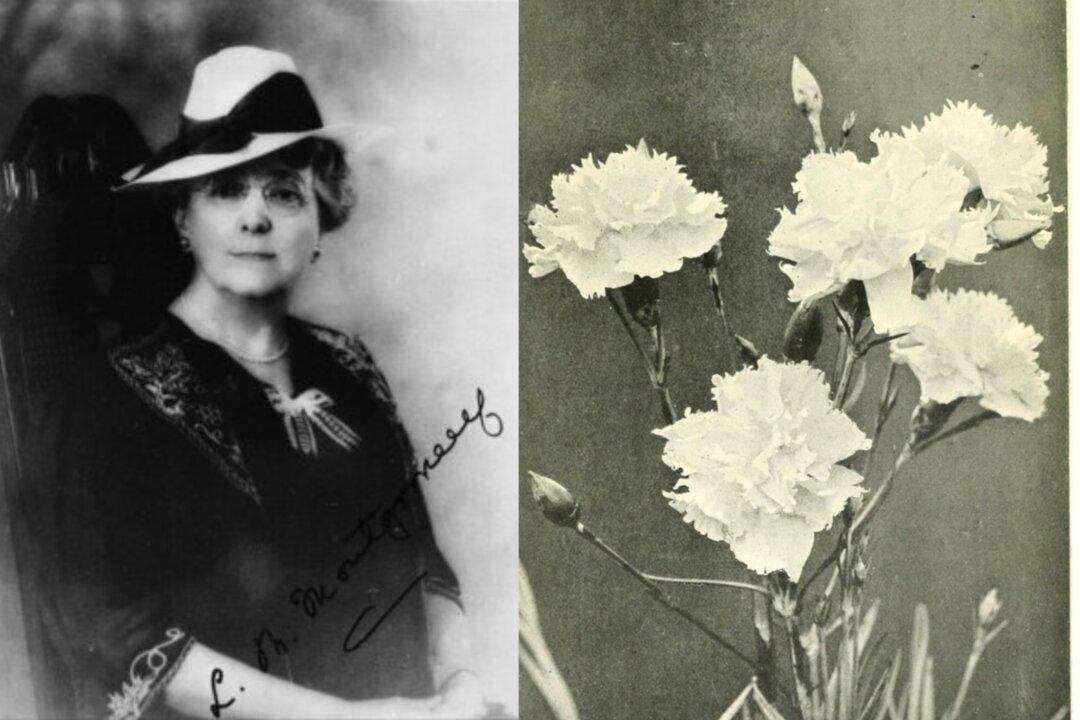As one year replaces another, memories flood our minds as we look forward to the next year. Nevertheless, whether painful or sweet, we must hold these memories close. Memories bridge the past with the present, teaching us and carrying us through the years.
Eleanor H. Porter highlights the importance of memories in her short story, “The Bridge Across the Years.” In this story, Porter conveys the value of Grandpa and Grandma Burton’s memories, when their son, John, wishes to do away with their possessions.






